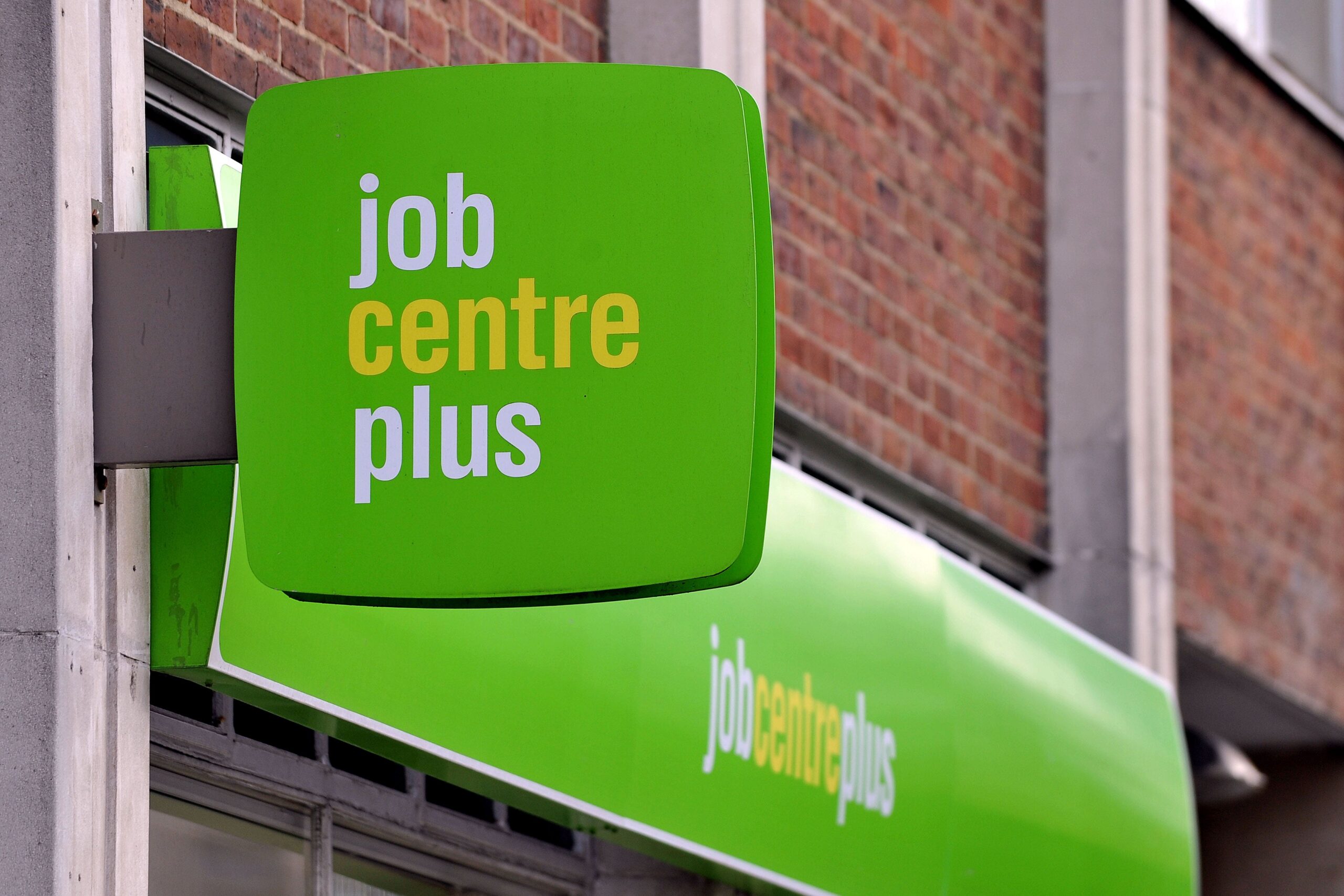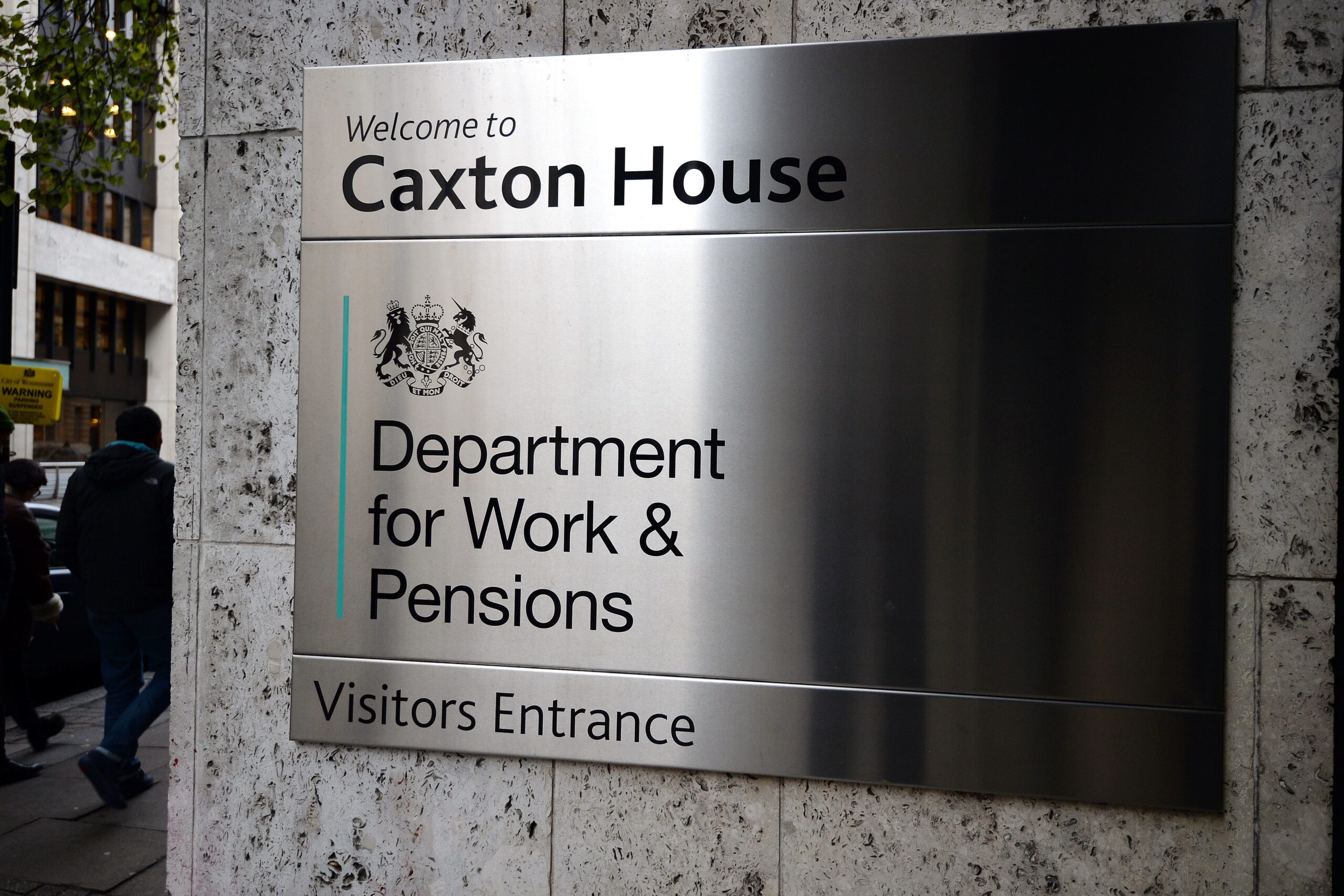When Alex, 48, from Bristol received his first Universal Credit payment – £50 short of his rent – it was “an absolutely devastating experience, mentally, financially, emotionally,” he says.
“There was no attempt whatsoever to help me. Just the repeated verbatim script, even when I opened up about the state of my mental health. It was just a mechanical conversation and there was no will or effort to help you at all.”
The single father turned to Universal Credit after losing his job in 2023. He had worked for 30 years in marketing, holding several senior positions, but found it far harder than in the past to secure a new role.
He is one of thousands of benefit claimants who have faced mental health struggles, as interacting with the welfare system is driving too many into ‘despair,’ a new report has found.
More than half of all benefit claimants (51 per cent) say that claiming has damaged their mental health, research from welfare charity Turn2Us reveals, while 68 per cent say they feel ashamed of seeking the support they are entitled to.
The research by Bristol University’s Personal Finance Research Centre finds that stigma is “structural and systemic” in the social security system, run in the UK by the Department for Work and Pensions (DWP).

Many respondents reported a culture of surveillance and suspicion, with more than three in five saying they felt the system was trying to catch them out. Meanwhile, only 15 per cent found Jobcentre work coaching beneficial.
Alex says his interaction with Jobcentre work coaching was a “patronising and infantilising experience,” and not at all tailored to the kind of work he was looking for.
“I had to go to group CV writing workshops before I could qualify to receive UC. There was another one on how to apply for jobs online,” he said.
“The people sending me to these courses were saying ‘we know there’s no point in you doing them, but you’ve got to do them or we don’t give you your benefit’.”
Alex is now working as a postman while he starts up as a self-employed marketing consultant. He says he hopes his interactions with the DWP will soon “be in the rear view mirror.”
Jo, 53, from Sheffield started claiming the Personal Independence Payment (PIP) just before the Covid pandemic. Like many applicants, she describes an assessment process that was “so long, so involved, and exhausting.”
At a PIP assessment, an assessor will decide if the applicant has limited ability to carry out daily living activities. They do this by asking them to carry out a range of activities, awarding them points based on how limited their ability is.

“You want to be honest, so you’ll say ‘on a good day I can do this’,” Jo said, “not knowing that they will cling on to that one good day and use that to annihilate your claim.”
She is neurodiverse and experiences mental health challenges, chronic pain and chronic fatigue.
Jo describes how her first appointment was located in the “furthest room”, from the entrance to the assessment centre, with no lift available. “They were testing me at that point,” she says.
The grandmother-of-three is not alone in her negative experience, with 80 per cent of PIP claimants telling researchers that they live in fear of the benefit being taken away.
Following the findings of the research, Turn2Us has called on the government to ensure benefit claimants are treated with trust, dignity and respect.
In June, Labour laid out its plan to overhaul DWP Jobcentres in the UK, moving them away from monitoring benefits and more towards employment support.
This is in the “right direction” Turn2Us’ head of policy and influencing Lucy Bannister tells The Independent, but must be accompanied by ensuring there are enough job coaches to offer proper support.

“We have this conveyor belt approach where people aren’t treated as individuals, then that’s a waste of taxpayer money – people come in and have a conversation that lasts two minutes that doesn’t help and leaves them feeling worse,” she says.
“Our social security system is a vital public service, just like the NHS, that helps us stay afloat when life changes. But right now, people are being treated with suspicion and contempt when they try to access support.”
As Labour’s second Budget in November approaches, further welfare reforms are widely expected despite the government’s damaging partial U-turn in July. New DWP boss Pat McFadden said on Monday that further cuts “must happen” refusing to rule out major changes to Universal Credit before the end of next year.
A Government spokesperson said: “We are improving the experience for people using our services by transforming jobcentres to deliver more tailored support, as well as by promoting benefits available to them and funding the free Help to Claim service.
“We are also reforming the broken welfare system by shifting our focus away from welfare and onto work, skills, and opportunities, backed by £3.8bn investment employment support, so more people can move into jobs and out of poverty as part of our Plan for Change.”
